Why post-apartheid South Africa, revolutionary Iran need each other
Iran’s expansion of relations with South Africa, an emerging power, besides strengthening South-South cooperation, can help reduce Western pressures.
Foreign Minister Hossein Amir-Abdollahian is fresh from a visit to Pretoria where he said "great steps have been taken to consolidate relations in various areas" since the establishment of new diplomatic relations between Iran and South Africa.
His visit aimed to pave the way for the official trip of Iran’s President Ebrahim Raeisi to Johannesburg on August 24 to attend a summit of BRICS group of major emerging economies - Brazil, Russia, India, China and South Africa.
Iran, after the 1979 Islamic Revolution, embarked on renewing relations with the African people based on Islam’s prohibition of racism.
The world today is witnessing the creation of a bloc of countries that have experienced high economic growth and turned to new economic powerhouses.
China in Southeast Asia, India in South Asia, Russia in Eastern Europe, Brazil in Latin America and South Africa in the African continent initially began to play a role in their peripheral regions, but they have gradually sought to engage in extra-regional collaborations.
They have formed new alliances such as the Shanghai Cooperation Organization, IBSA Group of India, Brazil and South Africa and BRICS in order to make their mark in the world order and offer an alternative force to reckon with.
In 2001, Goldman Sachs identified Brazil, Russia, India and China as four emerging markets, with South Africa entering this league of advancement in 2010.
The BRICS economies have been identified as the fastest growing economies of the world and the engines of the global recovery process after the US subprime mortgage crisis in 2008.
The alliance is rooted in two main phenomena, the first being the economic growth of these countries which has allowed them to act in international financial and monetary relations.
The second phenomenon relates to transformation and change in the nature of international politics, where the US power is waning and the country is losing its clout in many places.
Since the most important needs of the emerging powers are the supply of raw materials, energy and foreign markets, the regions with the most resources and the largest commercial markets are about to be the scene of new competition.
The decline of the United States' dominance over global regions will stimulate the ambitions of regional powers and other great powers in special regions such as the Middle East and East Asia, Africa and Latin America.
According to Goldman Sachs economists, the most immediate concern of the American society is the rapid growth of emerging economies in Asia. They predict that China will replace America as the world’s top economy in 2027, and the BRICS will have a larger economy than the Group of Eight by 2032.
The inherent strength of the BRICS emanates from strong domestic based economies in the case of Brazil and India and significant outward linkages of Russia and China. South Africa benefits from its large resource base and proximity to untapped growth potential of the African continent.
The group occupies 40 percent of global population, 30 percent of the land mass and nearly 25 percent of the GDP in purchasing power terms. According to Goldman Sachs estimates, the BRICS countries are expected to represent 47 percent of the global GDP by 2050.
On the southernmost tip of the African continent, post-apartheid South Africa has been able to develop the ability and will to create and maintain a regional regime for the benefit of all, where other countries have asked it to play the role of a safe dominant power.
With the end of the Cold War, the collapse of the apartheid system and the change in political ideology, the political identity of South Africa and the type of its declarative and practical policy were also transformed.
South African policy makers began to redefine their security issues, where with the disappearance of the main factors of friction and the establishment of a people's government led by the African National Congress, a new attitude of regional integration emerged instead of previous animosities.
In the new approach, Pretoria as the center of regional integration chose to lead the region to prosperity and collective happiness.
After apartheid, South Africa emerged as a middle power trying to provide solutions to crises through multilateralism in order to stabilize its position.
This role gradually helped the country, which was once viewed as a disruptor of regional security, establish itself as one of the emerging powers with a prominent place as a regional peacemaker with remarkable economic growth.
With the rise of regionalism, Africa has become one of the influential regions with its geographical, economic, cultural and political characteristics and South Africa has turned from an isolated country into an emerging regional power in less than two decades.
Considering the influence, geopolitical weight and political role of South Africa, relations with the country will entail in great achievements and facilitate Iran’s cooperation with other countries of the continent.
The two countries, due to the common understanding of many regional and international issues and shared cognitive approach toward regionalism, can work together and contribute to economic and political regionalism under the platform of the Indian Ocean littoral states, South-South cooperation and non-aligned countries.
Moreover, the potentials of bilateral relations in providing mutual strategic needs such as oil, food, mutual investment, common political and international views, support in international agencies, regional and international organizations and the Muslim community can be expanded.
The two countries have opportunities such as forging long-term political and economic relations, standing together as regional and emerging powers, signing commercial, cultural and political agreements and being complementary markets for each other.
Today, South Africa and other regional powers, thanks to their economic growth and political and international weight, have become important players in the economic and political order of the world.
They offer unique opportunities for Iran to expand its South-South relations, and help ward off unilateral pressure from America and Europe on Iran, especially those related to the Islamic Republic’s use of peaceful nuclear energy.
EU involvement in post-Assad Syria
VIDEO | ‘Dormant volcano’: IRGC unveils new subterranean missile facility
Panama official rejects Trump threat to take back canal control
VIDEO | South Koreans protest as impeached president avoids arrest
Spy ring linked to foreign intelligence dismantled in southwest Iran
VIDEO | Press TV's news headlines
Israeli strikes kill more civilians across Gaza
VIDEO | EU's involvement in Syria discussed in Rome


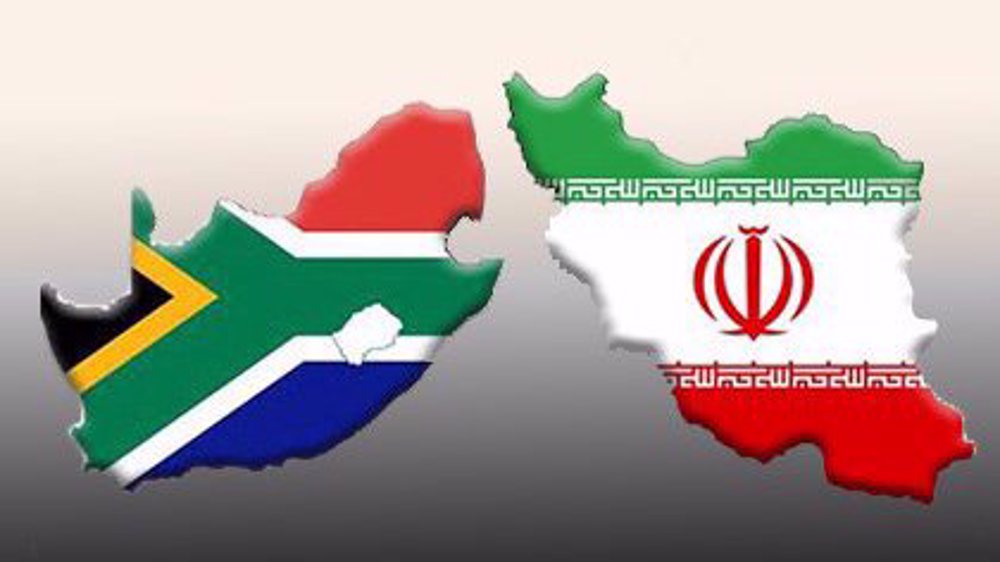
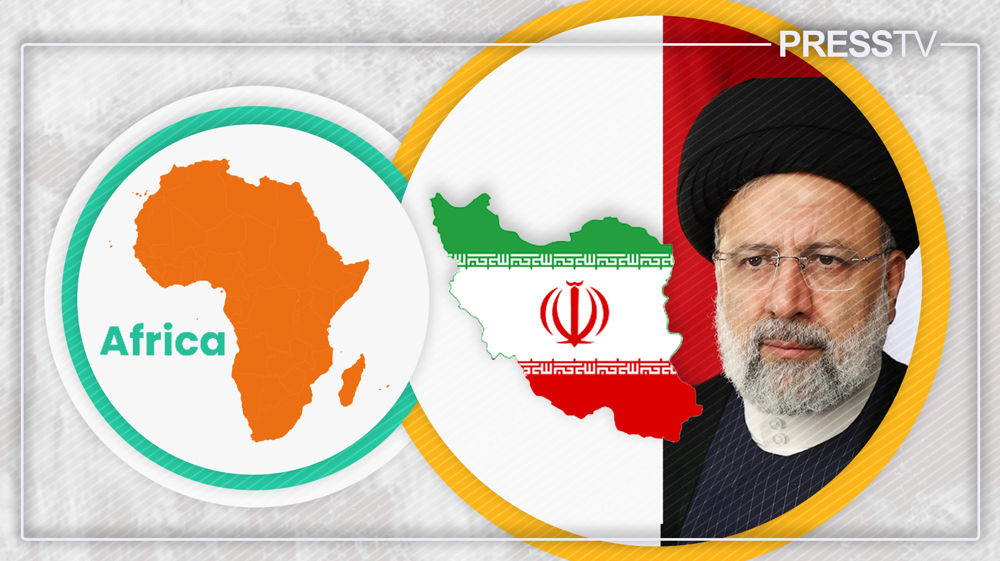
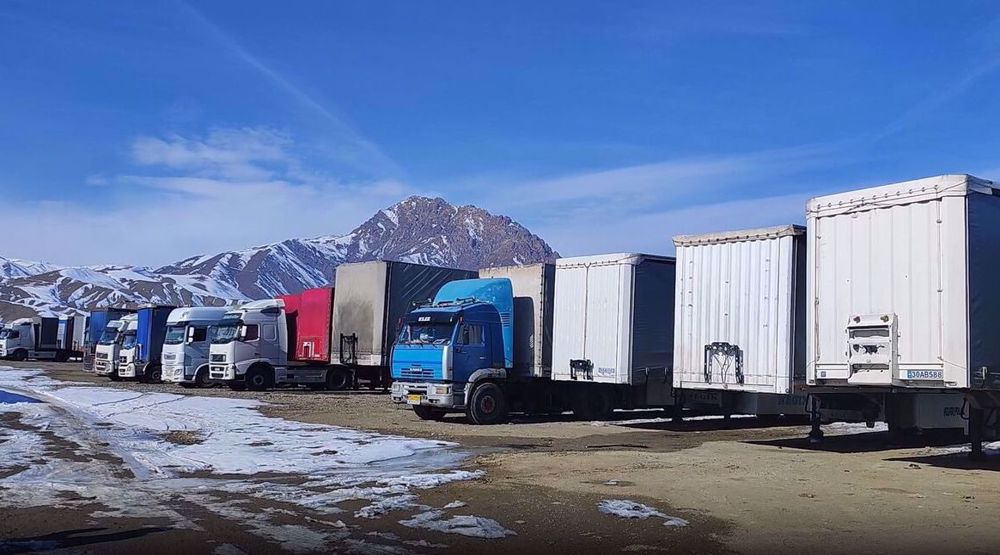
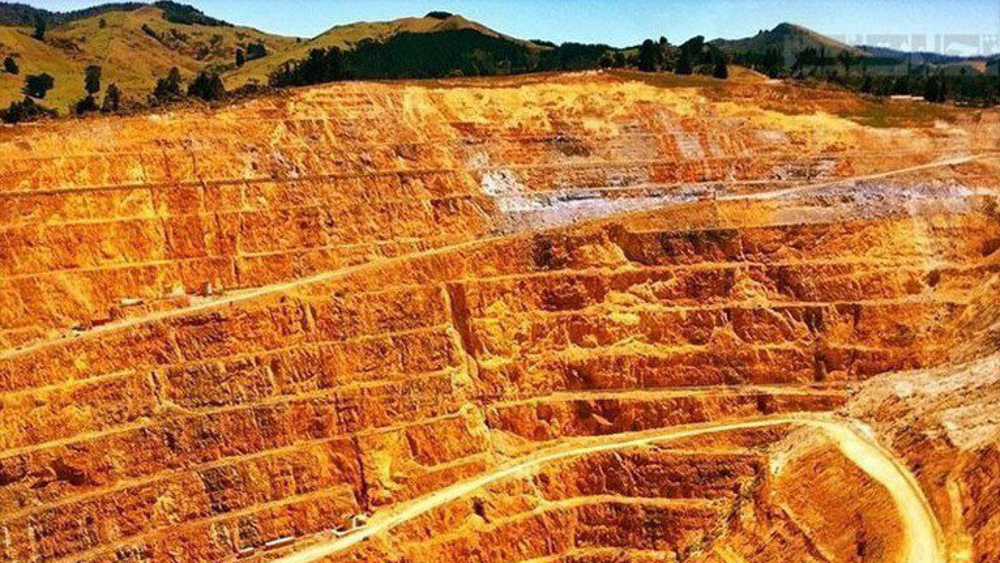
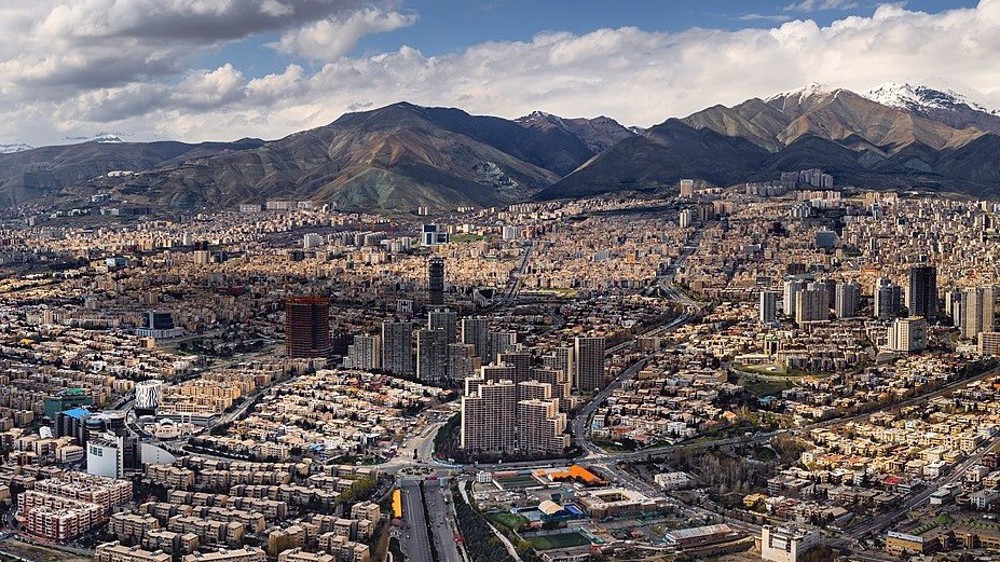




 This makes it easy to access the Press TV website
This makes it easy to access the Press TV website